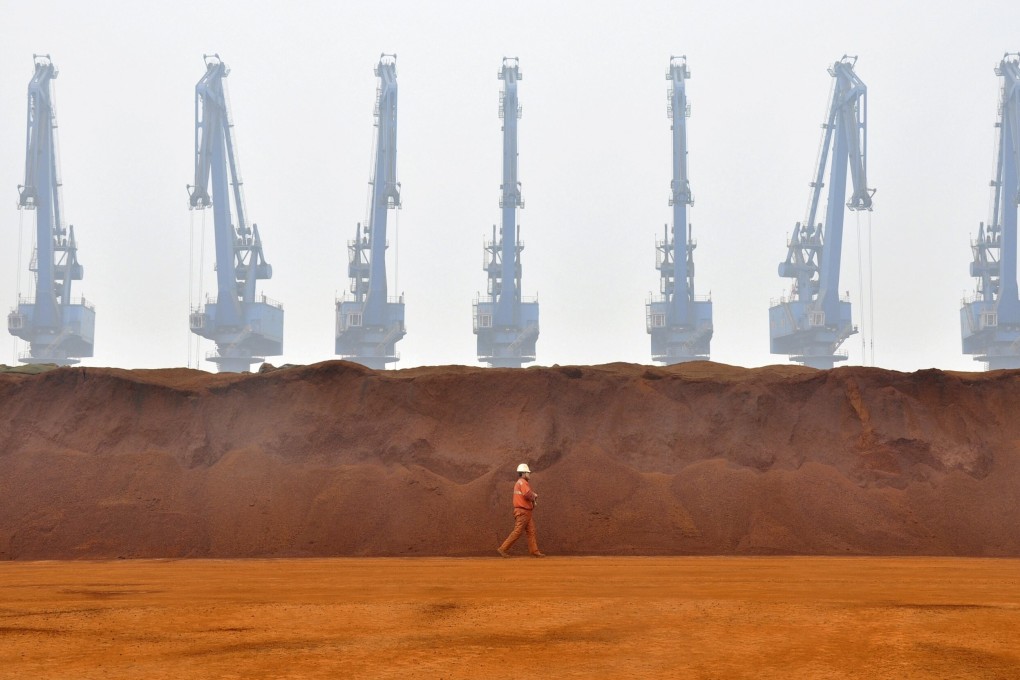China-Australia relations: Canberra’s plan to scrap research accord labelled ‘act of revenge’ over trade dispute
- The bilateral Victoria-Jiangsu Programme for Technology and Innovation Research and Development programme was signed in 2015 and renewed in 2019
- It connects businesses and universities and provides funding for shared research and development in manufacturing, clean technology and environmental protection

China has called Australia’s plan to scrap a research agreement between the Victorian government and Jiangsu province an “act of revenge” over trade disruption that is fast threatening Australia’s economic growth.
Signed in 2015 and renewed in 2019, it connects businesses and universities in the state of Victoria with counterparts in the Chinese province of Jiangsu and provides funding – grants of up to A$200,000 (US$152,000) – for shared research and development in areas such as manufacturing, clean technology and environmental protection.
Former head of China analysis at Australia’s Defence Department, Paul Monk, was quoted saying this week that the Jiangsu deal could lead to a leak in Australian intellectual property.
To the disappointment of those who have been hoping for a turnaround in relations, the Australian government is still heading down the road of no return for bilateral relations
“The bid to scrap the Victoria-Jiangsu Programme for Technology and Innovation R&D, which was agreed in 2015, is obviously intended as an act of revenge by Australian Prime Minister Scott Morrison for China’s probes into imports from Australia,” said an editorial by the state-owned newspaper China Daily on Tuesday.